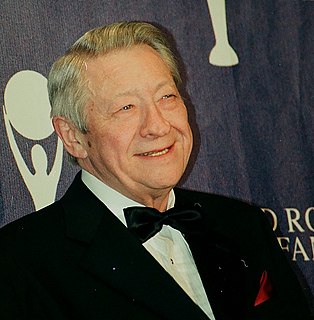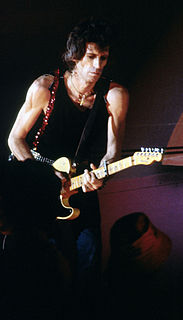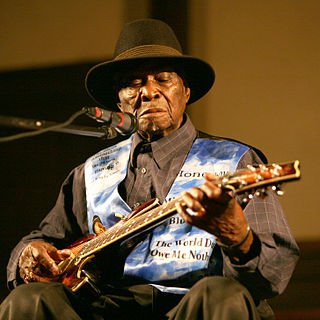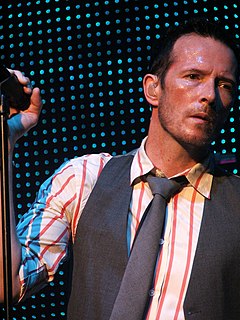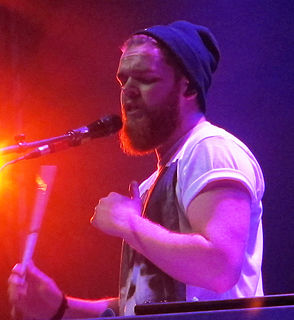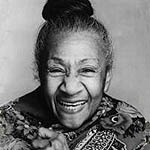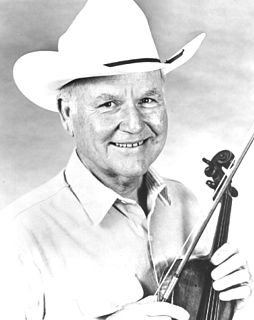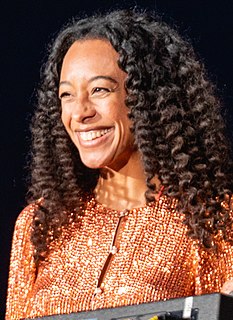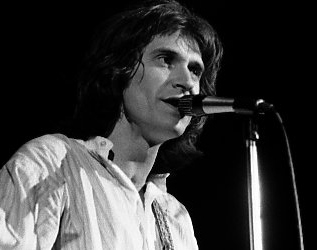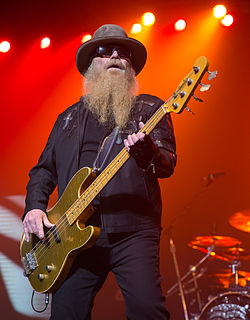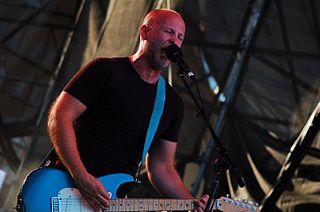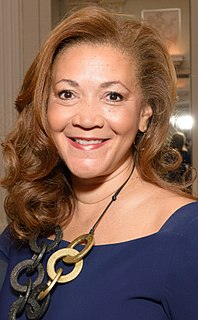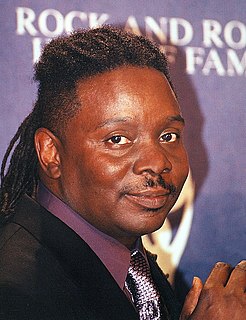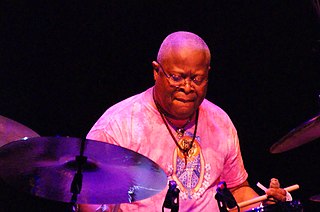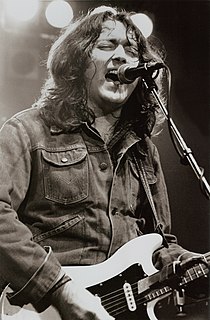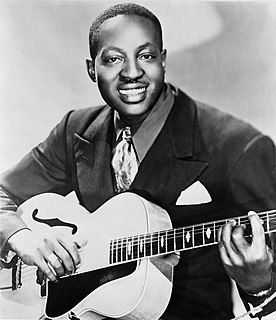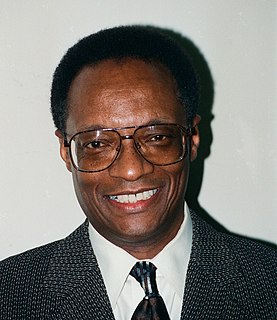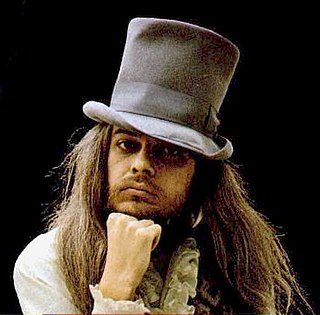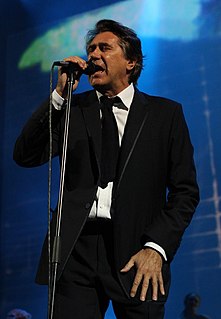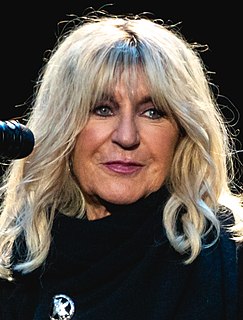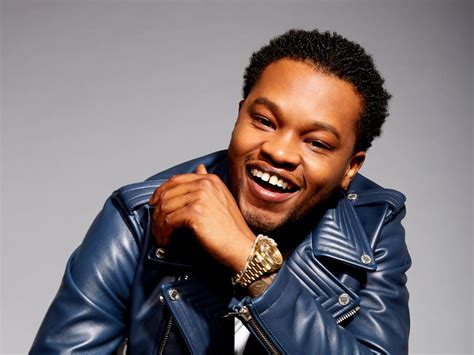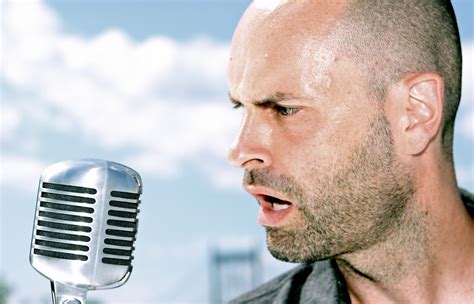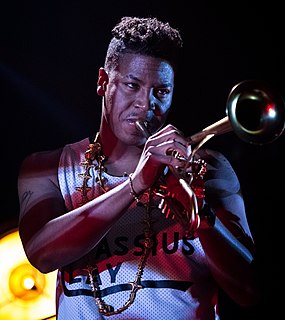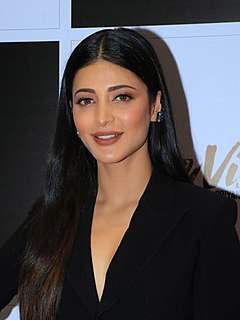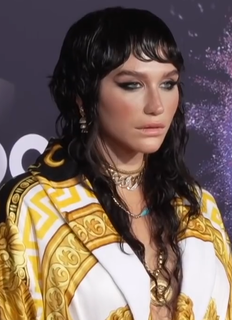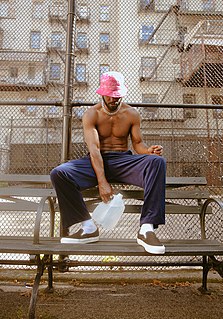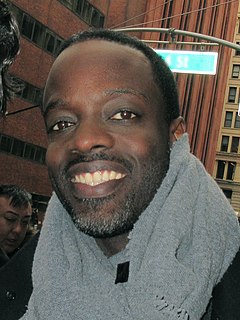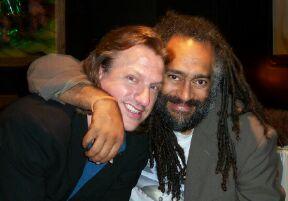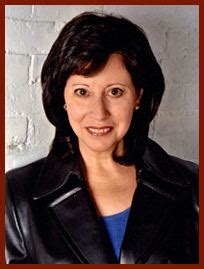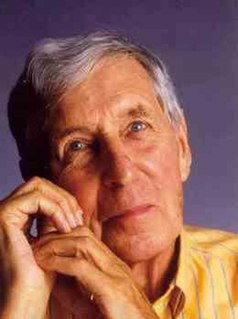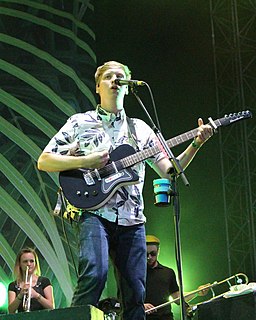Top 1200 Blues Music Quotes & Sayings - Page 4
Explore popular Blues Music quotes.
Last updated on December 18, 2024.
Singing about your sadness unburdens your soul. But the blues hollers shouted about more than being sad. They were also delivering messages in musical code. If the master was coming, you might sing a hidden warning to the other field hands . . . The blues could warn you what was coming. I could see the blues was about survival.
I forget what the official name of it was, but they did an all-day of roots music - every kind of music you can imagine from around the country - New Orleans Jazz to Indian flute players, R&B, you name it. I met and became good friends with (blues guitar player) Joe Louis Walker. He was on the show.
In the United States, many people said you can't have folk music in the United States because you don't have any peasant class. But the funny thing was, there were literally thousands, tens of thousands, hundreds of thousands of people who loved old time fiddling, ballads, banjo tunes, blues played on the guitar, spirituals and gospel hymns. These songs and music didn't fit into any neat category of art music nor popular music nor jazz. So gradually they said well let's call it folk music.
It seems all worlds of music - rock, blues, R&B, soul, hip-hop and others - are able to point to impromptu get-togethers as proud moments in their timelines, encounters that were recorded and created music of lasting impression. In the jazz tradition, there are a few, but none that has been revered for as long as Jazz at Massey Hall.
The white music was melodic and pretty, and you had beautiful women's voices like Gogi Grant and even the Andrews Sisters. Then I went directly to rhythm and blues, which had beautiful voices but not much melody in particular and pretty much the same chord pattern. I loved it, I was entrenched in it, but then folk music came in the middle of that for me, and made its own path. And it was part of the rebellion against bubblegum music, or music that is pretty but doesn't say anything.
It started so early, it all runs together. But what made a huge impact on me was when I went to Europe at 15 or 16 years old. All I knew before that was music on the radio and TV. When I went over there I realized there are all different levels of music. There are people who do blues, jazz, classical, working in film, TV and all kinds of places. You might not see them on MTV but there are lots of needs and uses and opportunities for all kinds of music.
Truth of the matter is, jazz is American music. And that doesn't mean bebop. Jazz is really about improvising. All the music that's been created in America has been pretty much improvised... Whether it's hillbilly or rock n' roll for blues, it's basically jazz music... It's basically about another way of hearing what comes out of America.
Playing live is much more natural for me. The instant reaction and the feedback from the audience is great for me. I really relish it. And if you play blues-based music, it's not really academic music or recital music. It really needs a bit of atmosphere and a bit of interplay and a bit of roughness, and you really get that with an audience.
Isn't my music the last of the real rhythm and blues? Isn't it great? It's because of my musicians, we were weaned on Muddy Waters, Howlin' Wolf, Bo Diddley, Chuck Berry, Little Richard, Jerry Lee Lewis, all the founding fathers, the gods of thunder, who invented the foundation and the pulse of the greatest music in the world!
Everything comes from one thing, everything comes from the Spirit. Jazz would not exist had it not been for gospel music, the blues would not exist had it not been for spiritual blues, which goes back to slave songs our fore fathers were singing while they were out in the field. So it's all one continuous growth from one group of people. Of course jazz now is played by various cultures and colors around the world. But the stimulus is One Voice.
We have that storytelling history in country and bluegrass and old time and folk music, blues - all those things that combine to make up the genre. It was probably storytelling before it was songwriting, as far as country music is concerned. It's fun to be a part of that and tip the hat to that. You know, and keep that tradition alive.

